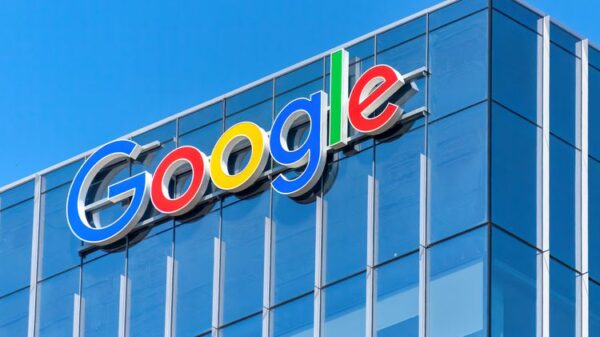The United States Department of Justice (DOJ) has filed a lawsuit against Apple (NASDAQ: AAPL) alleging that the tech giant has maintained an illegal monopoly in the smartphone market. The lawsuit, joined by 16 state and district attorneys general, accuses Apple of employing restrictive practices that stifle competition and harm both consumers and developers.
The crux of the lawsuit centers on allegations of anticompetitive behavior by Apple. The DOJ and state attorneys general assert that Apple has wielded its considerable market power to impose onerous contractual restrictions on developers and limit access to its platform. These actions, they argue, have led to higher prices for consumers and hindered innovation in the smartphone industry.
Furthermore, one of the key allegations against Apple is its purported disruption of potential competitors. The lawsuit contends that Apple has systematically prevented the emergence of “super apps” – platforms that offer a wide range of services within a single app – which could challenge its dominance in the market. By doing so, Apple has effectively stifled innovation and limited consumer choice.
Moreover, the government accuses Apple of damaging innovation by blocking certain features and technologies that could threaten its market position. For example, Apple’s restrictions on cloud-streaming apps for gaming and its limitations on interoperability with competing platforms like Android have been cited as anticompetitive practices that stifle innovation and harm consumers.
Read more: Apple ejects out of autonomous car market, to cut hundreds of employees
Read more: Volkswagen invests $1.8B in Brazil
During today’s lawsuit announcement against Apple for monopolizing smartphone markets, Deputy AG Lisa Monaco expressed that Apple’s anticompetitive conduct must stop.
🔗: https://t.co/Cn2hyRFz6j pic.twitter.com/gwEhAKVysH
— U.S. Department of Justice (@TheJusticeDept) March 21, 2024
US government’s lawsuit: Legal proceedings and potential impact
The lawsuit, filed in the US District Court for the District of New Jersey, seeks to compel Apple to change its business practices and restore competition in the smartphone market. If successful, the case could have serious implications for Apple’s business model and the broader tech industry. It could also set a precedent for future antitrust actions against other tech giants.
In response to the lawsuit, Apple has vehemently defended its practices, arguing that they are essential for maintaining the quality and security of its products. The company contends that its ecosystem benefits consumers by ensuring a seamless and integrated user experience across its devices. Apple plans to vigorously contest the allegations and has expressed concern about the potential precedent set by the case.
Moreover, the lawsuit against Apple is part of a broader trend of increased regulatory scrutiny of tech companies’ market power. It follows similar antitrust actions against Google and reflects growing concerns about monopolistic practices in the digital economy. Unquestionably, regulators around the world are grappling with how to rein in the power of tech giants without stifling innovation or harming consumers.
As the case unfolds, it will be closely watched by industry observers, policymakers, and consumers alike. The outcome could shape the future of competition in the smartphone market and influence regulatory approaches to tech monopolies globally. Regardless of the verdict, the lawsuit underscores the growing tension between Big Tech and regulators seeking to ensure a level playing field in the digital marketplace.
zartasha@mugglehead.com














